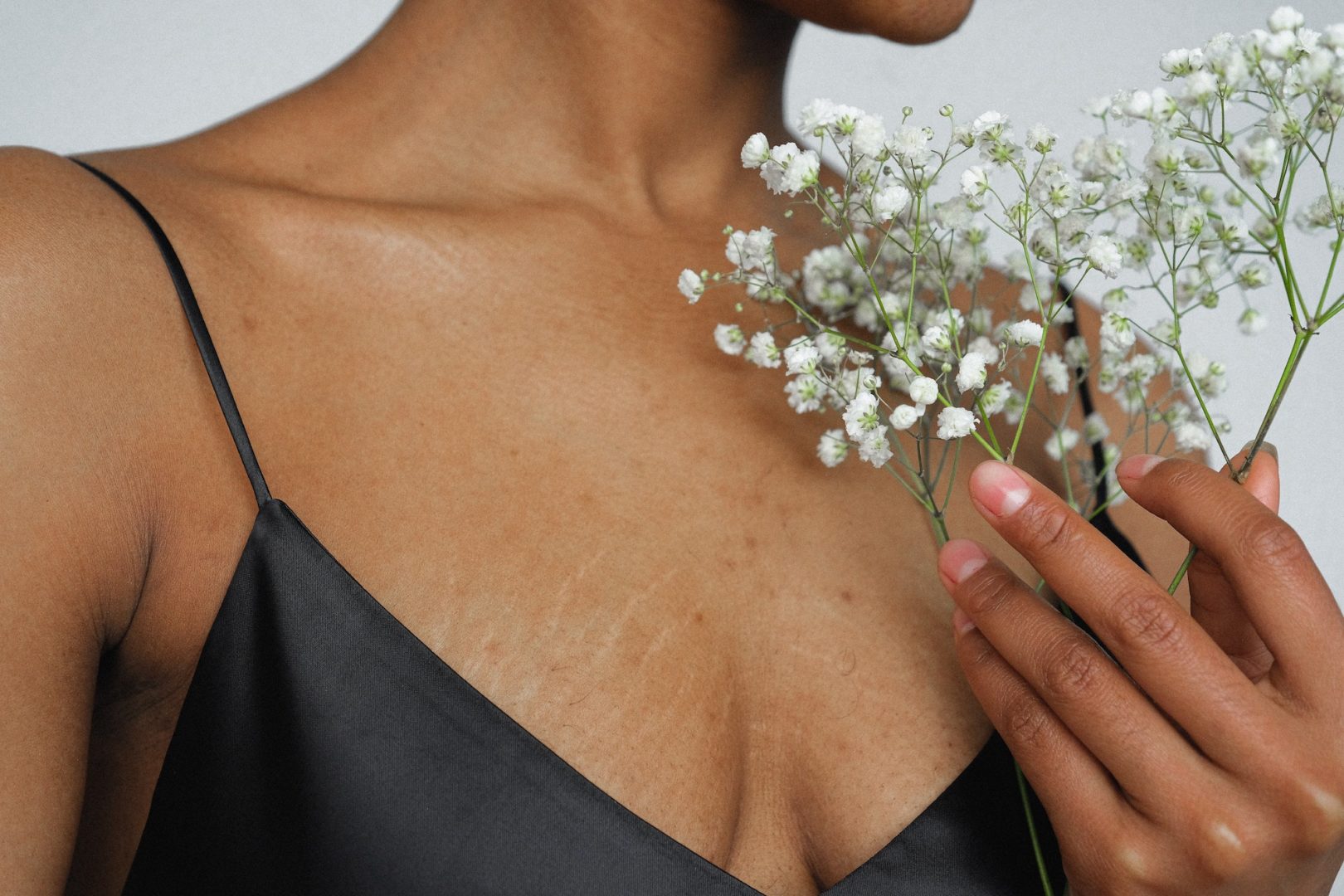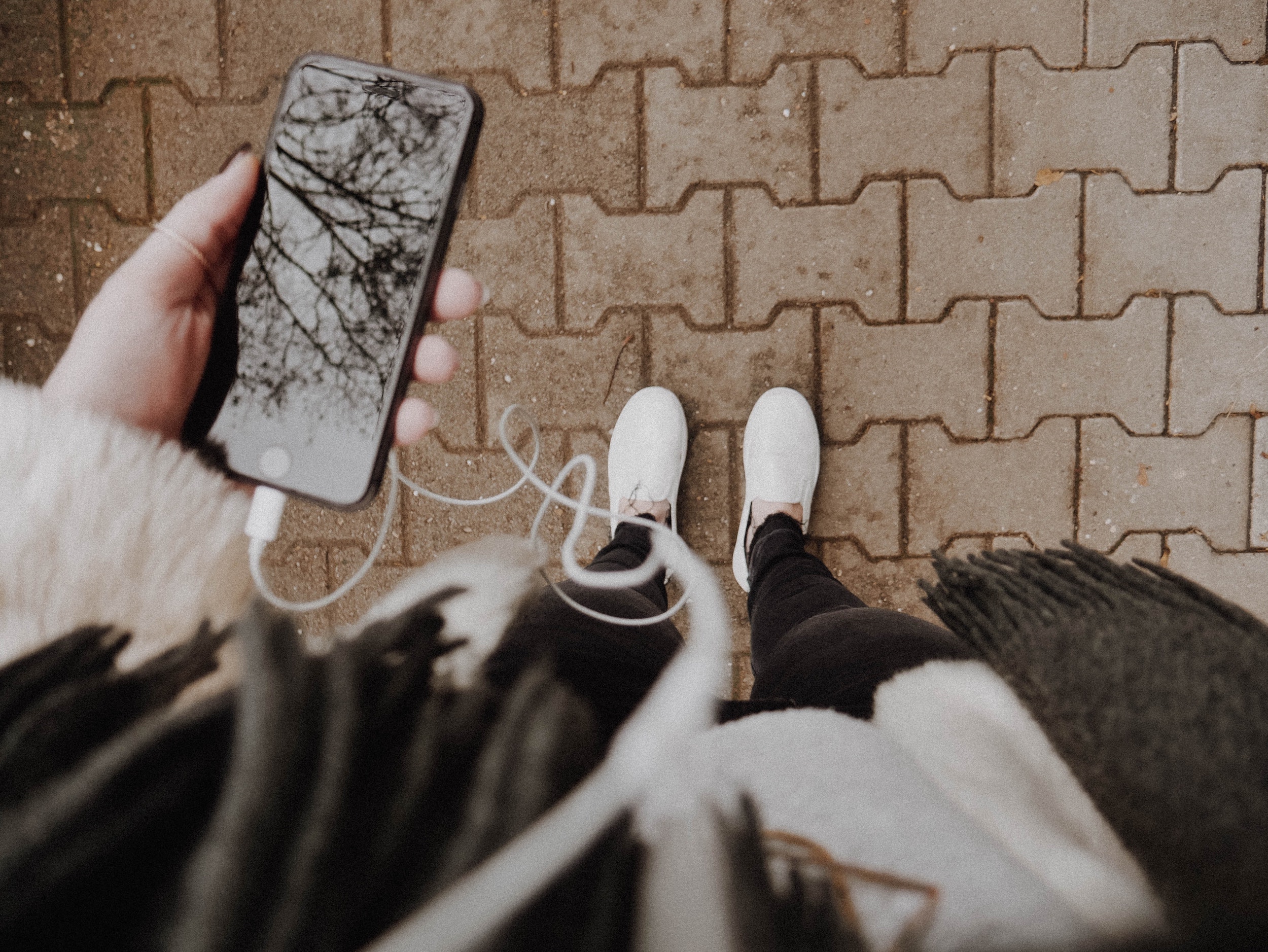This week on Instagram I shared about being a Highly Sensitive Person (HSP). Chances are, if you are reading this, you are too (’cause you’re my type of people). The more technical phrase is Sensory Processing Sensitivity, and what it means basically, is that you receive more data from your environment than others. You can think of it like experiencing life in HD.

A lot of artists, creatives, deep thinkers are mega sensitive. That’s, precisely why, I believe, you view the world in a unique way and experience a fuck ton of emotions and sensations, which fuels your creative urges like nobody’s business.
That being said. You may have grown up feeling different, weird or needy.
Like you don’t quite belong.
And it makes sense because society doesn’t really cater for sensitive, creative spirits. Just like it doesn’t really make space for any type of being different from the norm either. Things are slowly changing, but there is so much work to do still.
Anyway. I grew up in the 80’s and school was both bliss (the smell of books, new stationery and the sound of fountain pens scratching paper is totally my jam) and hell (how the the hell is one supposed to know how to interact with so many other humans? With so much noise around and under fluorescent lights?).
Needless to say I grew up believing there was something seriously wrong with me. Something I had to hide at all costs.
So I learnt very early on to ignore my body’s aches and pains brought on by an overstimulated nervous system. I learnt to stop myself from crying and instead burry my emotions deep inside, even if that made them feel like a hot iron and sharp knives were twisting my insides. I tried very hard to hide all this sensitivity, which I thought was not only undesirable, but a very valid reason for social rejection. I kept my creativity to myself for fear of being ridiculed. I became the goodest girl on the block, desperately trying to fit in and be worthy of love and acceptance.
I wonder if some of you experienced something similar growing up.
The thing is, you can’t hide your true nature and deny your, very valid, unique needs and preferences without a cost to your physical and mental health as well as nervous system.
Not living according to your natural sensitivity means you’re most likely constantly on high alert, playing a role that you think is more acceptable than who you truly are. This signals to your brain your environment isn’t safe, which kicks your nervous system into survival mode.
Needless to say this has a huge impact on your sense of self-acceptance and self-belief as self-doubt is all about protecting you from perceived psychological danger.
One thing I would like you to keep in mind while you read this, is that this is NOT your fault.
We are conditioned and influenced from a very young age from all sorts of people, things and situations, and make sense of the world around us the best we can, with the limited resources we have as a child. Being hardwired for connection and belonging (again, a human survival instinct), we do everything we can to blend in. And those habits tends to stick. Because our brain loves predictability.
So today I’d like to invite you to embrace your quirks, weirdness and everything that makes you, you. And most importantly, embrace your unique needs and preferences. They are valid.
Don’t dismiss the whispers from your body. Honouring your needs and boundaries as the unique, magical fucking unicorn that you are will let in more self-belief, more creativity and invite way more joy in the process.
And at the same time give permission to others to be unapologetically themselves.
I’ll leave you with these words from Brené Brown:
“True belonging doesn’t require us to change who we are. It requires us to be who we are.”
Much love to you, exactly how you are.

If you’d like to explore how to expand your self-acceptance and self-belief as an artist or creative, you can book a complimentary 15-min call with me to chat about how coaching could support you.
